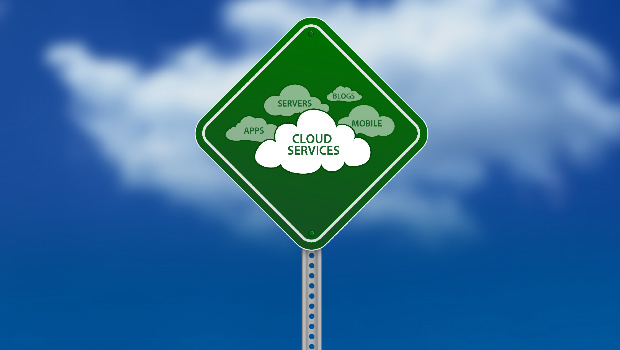 There is an air of inevitability about public cloud services.
There is an air of inevitability about public cloud services.
As has been seen in the past, if services are made easy to consume, and pay for, then people will use them. Irrespective of whether this is music and movie downloads, online back-up or the various as-a-service offerings, consumers, small businesses and enterprises alike will use what is easy to consume and answers a need.
And when the giants are all working on getting us to use cloud services, the constant messaging and reinforcement helps to allay fears and convince us that the might of the giants can ensure security, reliability, efficiency and of course, value for money.
Take the recent announcement from Amazon that its Amazon Web Services (AWS) have been certified to run US Department of Defence (DoD) security impact levels 3 to 5. Now this is still below the ability to store or process classified information, but it is a significant milestone in getting public cloud services to a level where they can be trusted to support real public services, beyond mere web site hosting or back-end processing.
However, when it comes to sensitive information or services, there is still a level of nervousness that pervades the market. The constant news of data breaches reminds us that sometimes even those we trust in the market are not beyond the odd slip that can result in sometimes millions of records being stolen. Added to this are the high profile outages of various cloud services, and the average IT manager could be forgiven for thinking twice about whether to trust cloud services.
And we here at TechPro Towers aren’t necessarily helping. We’ve created some handy tags on TechCentral.ie to allow you to see just how many data breaches and service outages there have been in recent times. The handy “data breach” and “outages” tags take you right to the all of our coverage of these two pressing topics. It must be said that not all of the data breaches have been attributable to cloud services, their use or their reliability. But the point is that the reporting of major data breaches serves to heighten nervousness in the market in general, particularly around being online as a business and thus more exposed to external threats.
I am not suggesting for a moment that we disconnect from the matrix and dig moats around our businesses, but when even the likes of Windows Azure experiences major issues, and a quick look at that horizontal navigation tag will show other household names such as Facebook, Instagram, Dropbox and Yahoo Mail, it does lead one to question the model.
Attitudes still prevail in many organisations that run contrary to the marketers for the big providers. While the reliability and uptime figures for the giants are always impressive, the point many make is that when “I” am affected, it doesn’t matter how many 9s are listed before me, it is no fun being the 0.00001% affected. And worse still, many still think that if the hardware is in my datacentre, server room, server rack or even just under the stairs with a fan blowing on it (I’ve seen this), it is where I can get at it at do something, as opposed to waiting on the end of a phone line for a call to say that a mighty global service has now been restored in my local area. This is the human condition that often, fuelled by fear, becomes irrational even in the face of all information and probability analysis.
So what do the providers do about this?
Well, one thing I think might help is to better handle the outages when they occur. I’m not talking about the technicalities, but rather the communication around them. We’ve seen time and again, when an organisation is under attack, a good communication strategy can often serve to enhance its reputation. If the cloud service providers gave better, in depth explanations of what went wrong, what was done to fix it and why it can’t happen again, I’d imagine many of those fears that currently lurk stubbornly would, in fact, evaporate. Instead, many hide behind secret sauce arguments of patented technology, trade secrets and sometimes blatant arse covering.








Subscribers 0
Fans 0
Followers 0
Followers